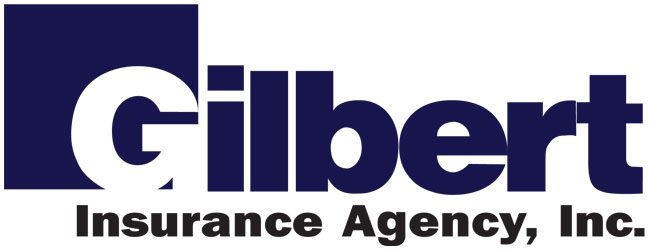According to the National Fire Protection Association, a home fire is reported every 89 seconds, a home fire death occurs every three hours and 24 minutes, and a home fire injury occurs every 46 minutes. These tragic events also cause billions of dollars of property damage every year. Since 1951, the Gilbert Insurance team has been dedicated to helping homeowners better understand the many risks to their property, such as home fires, and what their homeowners policy may cover if this type of disaster strikes.
Homeowners Insurance Includes Five Coverage Areas for Fire
When faced with the devastation of a home fire, it can be difficult to find any silver lining, but it may give you peace of mind to know that the standard home insurance policy includes the following five coverage areas designed to help you restore your house and life after a fire:
- Dwelling Coverage may assist with paying for the structural repairs to a home and to any attached structures, like a garage, that have been impacted by the fire.
- Other Structures Coverage may aid with the costs of refurbishing detached structures, like a shed or fence, that were also affected by the fire.
- Personal Property Coverage provides for the expense of repairing or replacing personal belongings that were damaged or destroyed in the fire as long as the home insurance policy includes the Replacement Cost on Contents endorsement. Personal property coverage may also include reimbursement for replacing trees, shrubs, and other landscaping destroyed by the fire.
- Loss of Use Coverage assists with the costs of relocating a homeowner and their family to a hotel or a short-term rental after a fire if their home is deemed unlivable during the rebuild process. Loss of use also typically includes coverage for additional living expenses, such as food, laundry, moving and storage, and pet boarding, that may be incurred beyond a family’s normal spending because of their temporary living situation.
- Personal Liability Coverage provides protection for a home fire scenario in which the blaze also affects a neighbor’s property and the neighbor decides to sue for damages. Personal liability coverage typically helps cover the homeowner’s legal expenses, including the cost of hiring a defense lawyer and any settlements reached.
When Homeowners Insurance May Not Cover a Fire
It is very rare that damages resulting from an accidental home fire will not be covered by your homeowners insurance policy. Even if the fire is the outcome of a peril not listed in your policy, you should still be able to make a claim for any resulting fire damage. For example, if you experience an earthquake, which is not a covered peril, that knocks an electrical line into your house and sets it afire, you may still be able to make a home insurance claim. There are only a few situations when fire is excluded from your home insurance coverage, including a fire that is caused intentionally (arson) or by an act of war.
It Helps to Have a Highly Knowledgeable Professional, Like Gilbert Insurance, on Your Side
By providing this information on home fires and homeowners insurance coverage, we hope it has helped you understand how a standard homeowners policy covers you if you experience a fire. However, in some cases, the level of protection in a standard homeowners policy is not sufficient to replace all of a homeowner’s valuables damaged by a fire, to fully restore a home to the exact condition it was in prior to the fire, or to safeguard all of a homeowner’s assets if they are sued because of the fire.
It’s important to speak with a local, experienced insurance professional, like Gilbert, who can provide you with personalized home insurance recommendations, based on your specific house, belongings, and exposures. If we uncover risky gaps in your current home insurance solution, we have access to many affordable options to broaden your coverage for fire, including a scheduled personal property endorsement, a guaranteed replacement cost coverage endorsement, and a personal umbrella insurance policy.
Of course, the best scenario is that your home is never seriously damaged by a fire. One step homeowners can take to limit the risk of a fire catastrophe is to invest in protection devices, such as smoke detectors, carbon monoxide alarms, and fire extinguishers, and keep them in working order and readily available throughout their homes. These fire safety devices have been proven so effective in decreasing property damage that insurance companies often offer homeowners a policy discount for having them in their homes.
Please call the Gilbert team today to have us check into savings opportunities you may be eligible for as well as additional coverage options you may require.
